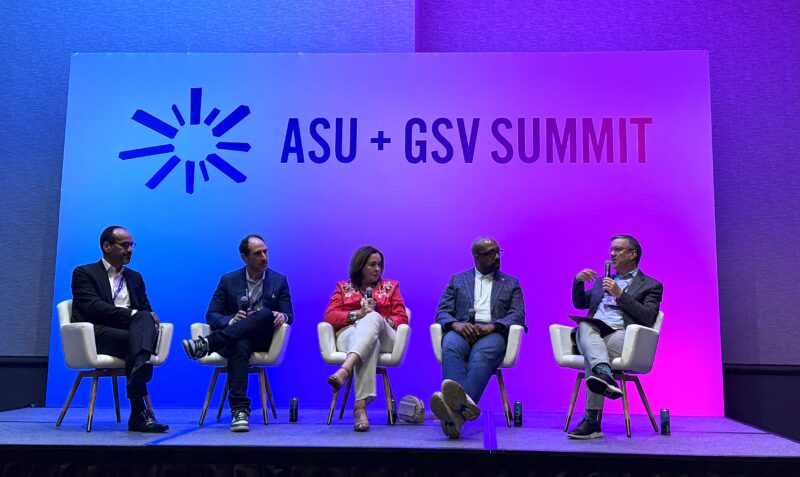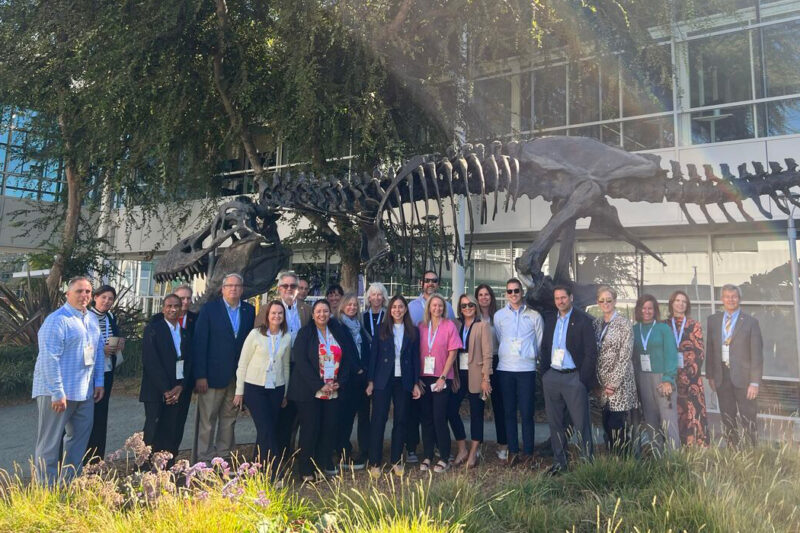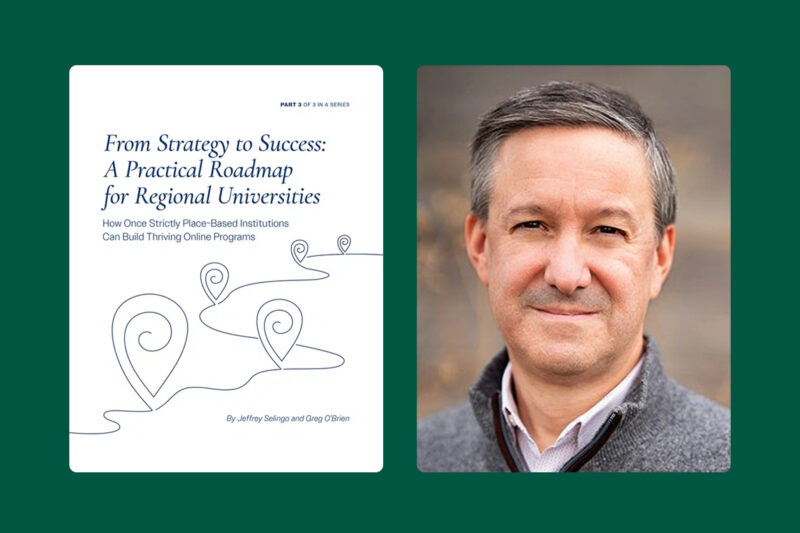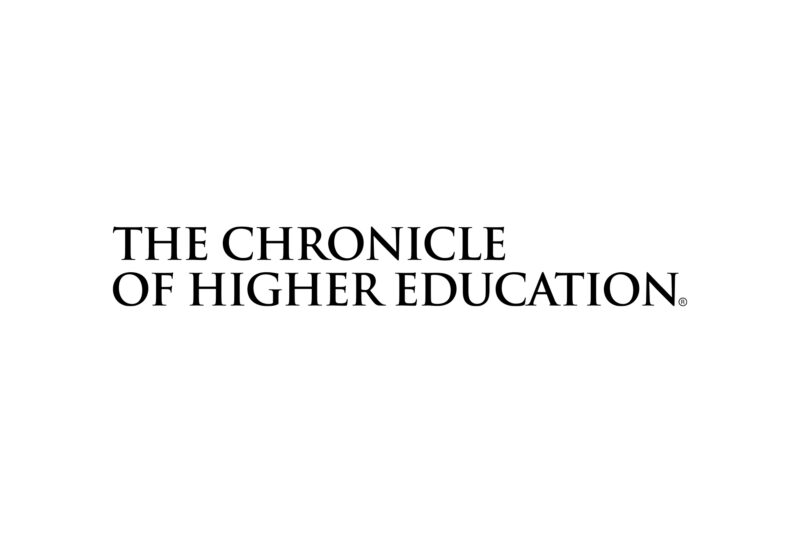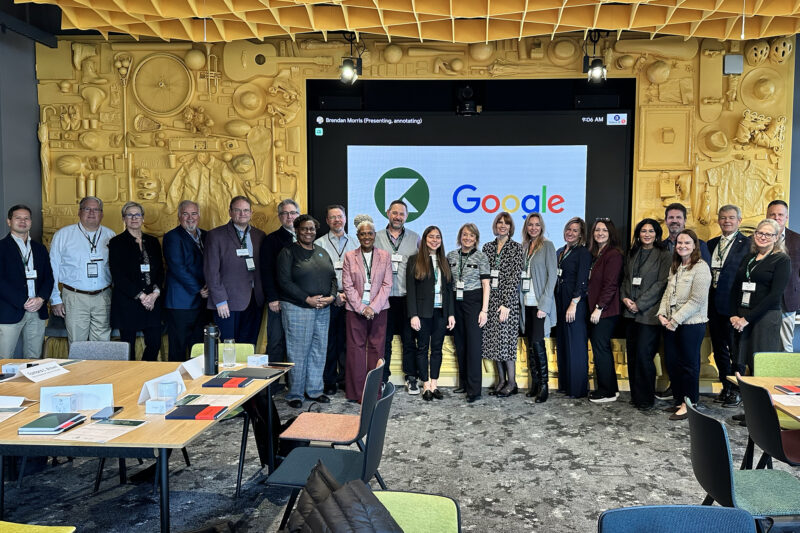This month, presidents and senior administrators from Catholic colleges and universities around the world came together in Washington, D.C. for ACCU’s Annual Meeting. With the theme of Stewarding the Mission: Transforming the Enterprise, members met to discuss the complex challenges facing Catholic-identity intuitions, including keeping tuition affordable without the benefit of state funding, honoring the tenets of faith, shifts in the learner landscape, and balancing personalized attention with the need to expand student audiences and grow enrollment.
University presidents explored the role and quality of private-public partnerships in their enrollment success in the session Fanning the Flame of Catholic Identity in Higher Ed: Growing Enrollment and Community Impact Through Partnership with Presidents Susan R. Burns, Ph.D., University of Mount Saint Vincent, and Deanne H. D’Emilio, JD, Gwynedd Mercy University.
Three signs of strong, sustainable partnerships
Burns and D’Emilio agreed that finding the right partner and forming a collaboration in which both parties are willing to hold each other accountable was an initial key to their success in expanding access to affordable, workforce-focused online programs for adult learners.
“Long-term partnerships aren’t about growth for growth’s sake,” Scott Altschuler, Risepoint Senior Vice President, New University Partnerships and session moderator concurred. “They should be tailored to what your institution is looking for, where that meets the needs of students, and your market opportunity, including labor demand and competition in your region.”
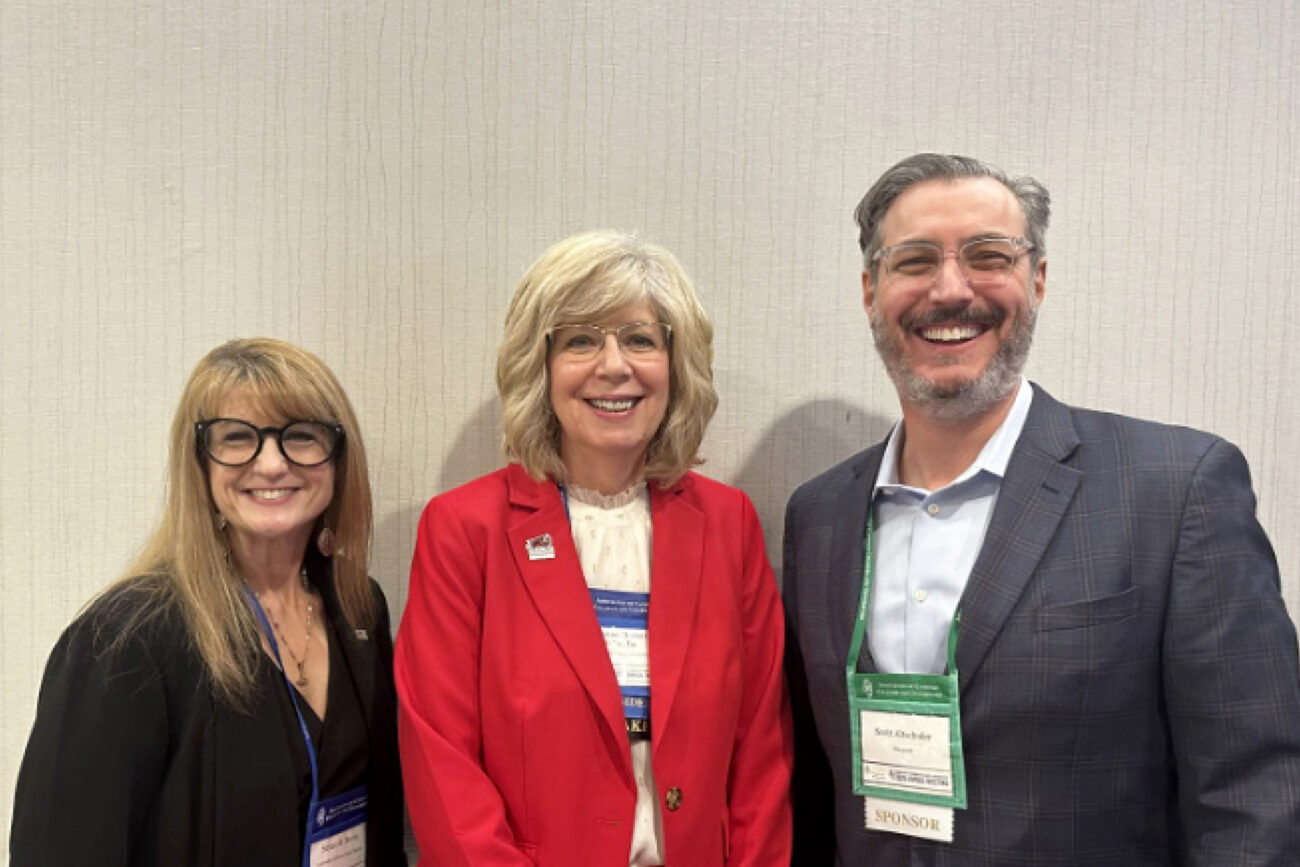
Through the panel discussion, Burns and D’Emilio identified three signs of strong and sustainable private-public partnerships for enrollment success:
1. Adaptability
True partnerships evolve as market, internal capabilities, and growth plans change. As your programs scale, you may want to assume some of the responsibilities that partners once oversaw or expand into new markets as regional needs shift.
As you evaluate new or existing partnerships, Burns advised presidents to “make sure they’re willing to listen and strategize with you and dream up the possibilities. The right partner is also willing to hold you accountable while you hold them accountable” and have frank conversations about what’s feasible when.
“Make sure [a partner is] willing to listen and strategize with you and dream up the possibilities. The right partner is also willing to hold you accountable while you hold them accountable.”
President Susan R. Burns, PhD
University of Mount Saint Vincent
2. Speed and scale
D’Emilio summed up the advantage of public-private relationships in two words: “speed and scale.” One of the biggest benefits of engaging with partners is gaining the capabilities and the know-how to launch and grow programs faster than you could alone.
“Things have to move at a different speed today than they may have in the past,” Burns agreed. “So really thinking about how you can spend political capital at your institution to move things along a little bit more quickly.”
Having reliable data helps your leadership team make confident decisions more quickly. Ensure your partner does their research to identify your best opportunities for growth, can help you manage change within your organization, and has the internal processes and expertise to be able to move at pace. D’Emilio also suggests starting with early academic champions among faculty and demonstrating the value of the student experience to gain further buy-in.
3. Mission Alignment
The best partners will understand your mission and your goals. That mission should be integrated into every aspect of your relationship. For both universities, providing accelerated online programs to working adults helps them expand their mission and serve new populations.
According to D’Emilio, “Historically, we were founded by the Sisters of Mercy, and they are always about adapting and meeting whatever that need is. So, if there’s a demand in a population [that is] nontraditional and whatever the discipline might be, we want to respond in some way. That’s really part of the mission.”
A big thanks to ACCU for organizing such an inspiring annual meeting and Presidents Deanne D’Emilio and Susan Burns for engaging in this honest conversation. If you want to speak with a member of the Risepoint team to learn more about our work with Mount Saint Vincent and Gwynedd Mercy, or to learn about how we might be able to help your institution, reach out to us here.
The Association of Catholic Colleges and Universities (ACCU), founded in 1899, serves as the collective voice of Catholic higher education. Through programs and services, the association strengthens and promotes the Catholic identity and mission of its member institutions so that all associated with Catholic higher education can contribute to the greater good of the world and the Church.
